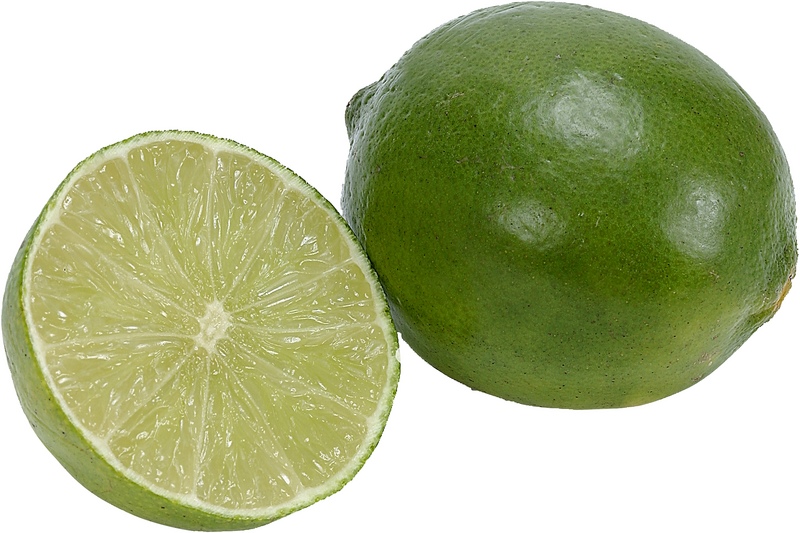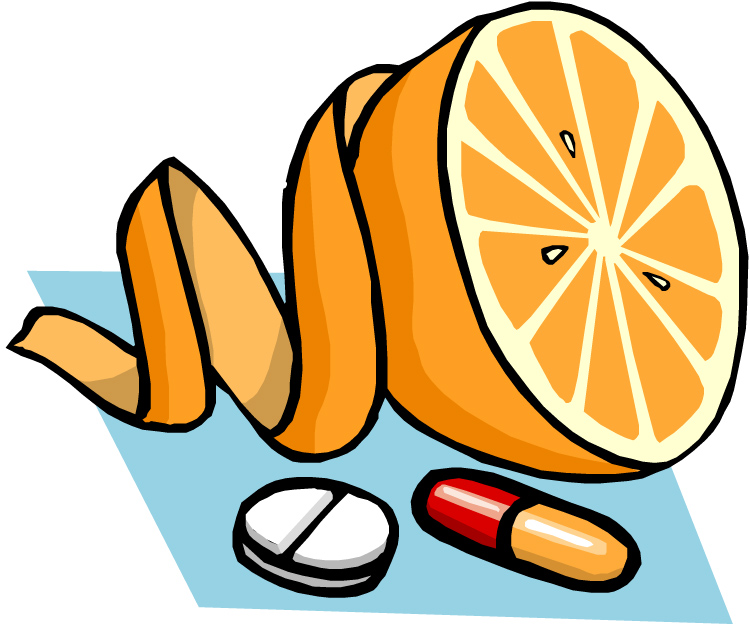| Because of our low, mail order,
Internet prices and the amazing demand for our "wholistic"
consulting and
revolutionary products, we limit every inquiry (e-mail and
telephone) to 15 minutes in order to help all those in need.
After the first 15 minutes we charge our normal
consulting
fee. Please make use of all the free resources available 24
hours/day, by clicking on the buttons in the left-hand menu of
every product page (Ingredients, Usage, FAQ, etc.). Thank you in
advance. |
GoFundMe:
Freedom From Illness Project
If you or a family member (including furry
children) have experienced amazing benefits from our holistic products and
expertise, please consider paying-it-forward by helping us holistically
educate more people and save more pets. Please click on our photo below or
go to this link:
GoFundMe.com/FreedomFromIllness
The pet food recalls continue.
The best "wholistic" suggestion to prevent
danger to your pet is: STOP feeding dry kibble dog food. In our
"wholistic" opinion, dry kibble dog food is the least nutritious form of
food to feed a carnivore. Furthermore, a majority of all pet food recalls is
with dry food. Canned food, freeze-dried food and raw food have a much lower
percentage of recalls. For the latest recalls, go to:
Dog Food Recalls or
FDA website
To read more on our "wholistic" philosophy on
pet food, go to the following links:
Pet Food Recall
Holistic Pet Food
 For
a very revealing report on pet food, click the link: For
a very revealing report on pet food, click the link:
What Pet Food Companies
Don't Want You to Know
|
|
An article entitled, "Association Among
Dietary Supplement Use, Nutrient Intake, and Mortality Among U.S.
Adults: A Cohort Study" was published in the May, 2019, issue of
Annals
of Internal Medicine (2019;170(9):604-613). The
 objective
was to evaluate the association among dietary supplement use, levels of
nutrient intake from foods and supplements, and mortality among U.S.
adults. The study used data from 1999 to 2010, linked to National Death
Index mortality data. Over 30,000 participants, U.S. adults aged 20
years or older, answered questions on dietary supplement use. The
authors included deaths from all causes, cardiovascular disease (CVD),
and cancer. Here is a summary of their results: objective
was to evaluate the association among dietary supplement use, levels of
nutrient intake from foods and supplements, and mortality among U.S.
adults. The study used data from 1999 to 2010, linked to National Death
Index mortality data. Over 30,000 participants, U.S. adults aged 20
years or older, answered questions on dietary supplement use. The
authors included deaths from all causes, cardiovascular disease (CVD),
and cancer. Here is a summary of their results:
-
Those participants who ever used dietary
supplements were not associated with any significant mortality
outcomes.
-
Adequate intake (at or above the Estimated
Average Requirement or the Adequate Intake level) of vitamin A,
vitamin K, magnesium, zinc, and copper was associated with reduced
all-cause or CVD mortality, but the associations were
restricted to nutrient intake from foods, NOT supplements.
-
Excess intake of calcium was associated
with increased risk for cancer death. This association seemed to be related to calcium intake from supplements rather than foods.
related to calcium intake from supplements rather than foods.
-
Conclusion: Use of dietary supplements is
not associated with mortality benefits among U.S. adults.
Does this mean isolated supplements (such
as a vitamin A, B, C and K, multi-vitamins, mineral supplements of
magnesium, zinc, copper, etc.) are useless? No, but they have limited
usefulness. Here is our "wholistic" perspective.
Taking isolated supplements is like the
fable of the little Dutch Boy who stuck his finger in the dike to stop
the water leak. He is the town's hero but the problem is, his finger is
stuck in the dike forever because this is not a permanent fix. Yes,
taking isolated supplements may temporarily "fix" a nutrient deficiency
(the symptom) but one has not "fixed" the original cause of the symptom.
Thus, the body is now dependent on this nutritional "fix." Here is a
not-so-recent study to prove our holistic point.
Back in the 18th century, European
travelers were crossing the Atlantic Ocean to the New World. They
discovered if they drank fresh lime juice they did not get scurvy (a
 vitamin
C deficiency resulting in weakness and joint pain, internal hemorrhages
causing black-and-blue marks to appear on the skin, gums hemorrhaging
and becoming weak and spongy, teeth root break down where teeth loosen
and eating becomes difficult and painful). That is why British sailors
were called "limeys." It was not until the 20th century, that scientists
finally isolated the beneficial nutrient in citrus fruits as vitamin C.
What is not commonly known is by taking isolated
Vitamin C in the form of an ascorbic
acid supplement, one only gets rid of the symptoms of scurvy. When the
ascorbic acid supplement is discontinued the symptoms and disease
returns. However, if one gets Vitamin C made from an extract of whole
green peppers, not only do the symptoms disappear but the scurvy is gone
when discontinued. Vitamin C from a whole food product also has the
benefits of other complementary nutrients, such as rutin, bioflavonoids,
Vitamin E, selenium and zinc that Nature dictated is needed for Vitamin
C to work optimally in our body. All these complementary compounds are
present in whole food sources of Vitamin C (for example, green peppers,
oranges, rose hips, acerola cherries, algae). vitamin
C deficiency resulting in weakness and joint pain, internal hemorrhages
causing black-and-blue marks to appear on the skin, gums hemorrhaging
and becoming weak and spongy, teeth root break down where teeth loosen
and eating becomes difficult and painful). That is why British sailors
were called "limeys." It was not until the 20th century, that scientists
finally isolated the beneficial nutrient in citrus fruits as vitamin C.
What is not commonly known is by taking isolated
Vitamin C in the form of an ascorbic
acid supplement, one only gets rid of the symptoms of scurvy. When the
ascorbic acid supplement is discontinued the symptoms and disease
returns. However, if one gets Vitamin C made from an extract of whole
green peppers, not only do the symptoms disappear but the scurvy is gone
when discontinued. Vitamin C from a whole food product also has the
benefits of other complementary nutrients, such as rutin, bioflavonoids,
Vitamin E, selenium and zinc that Nature dictated is needed for Vitamin
C to work optimally in our body. All these complementary compounds are
present in whole food sources of Vitamin C (for example, green peppers,
oranges, rose hips, acerola cherries, algae). By taking only an isolated supplement with just ascorbic acid (Vitamin C
pill) or by juicing an orange and throwing away the pulp and peel, one
is missing all the above necessary compounds Nature dictated is
necessary for Vitamin C to work in our bodies. Thus, by taking a Vitamin
C pill (with just ascorbic acid) one is just
supplementing the symptoms.
By taking only an isolated supplement with just ascorbic acid (Vitamin C
pill) or by juicing an orange and throwing away the pulp and peel, one
is missing all the above necessary compounds Nature dictated is
necessary for Vitamin C to work in our bodies. Thus, by taking a Vitamin
C pill (with just ascorbic acid) one is just
supplementing the symptoms.
Here are some older studies that prove our
"wholistic" principle: Nutrition from isolated supplements (such as a
Vitamin C, D, E and K, multivitamin, calcium and other mineral
supplements, fish oil capsules, etc.) have limited usefulness fixing
symptoms, while nutrition from whole food products (such as oranges,
salmon and algae) is far superior and more complete in nourishing and
balancing ALL the glands and organs of the WHOLE body.
-
There is now strong evidence that
antioxidant supplements—vitamins A, C and E and beta carotene—are
not effective in protecting against gastrointestinal cancer. On the
contrary, there may be a small increase in mortality from
these tumors among people taking antioxidants compared with
a placebo. (Goran Bjelakovic, professor, internal medicine,
University of Nis, Serbia and Montenegro; Eric Jacobs, Ph.D., senior epidemiologist, American Cancer Society, New York City; Oct. 2,
2004, The Lancet)
epidemiologist, American Cancer Society, New York City; Oct. 2,
2004, The Lancet)
-
Patients in the Vitamin E group (daily
doses of 400IU) had no significant difference in cancer
incidence, cancer deaths, and major cardiovascular events
but higher rates of heart failure and hospitalizations for
heart failure. (Effects of Long-term Vitamin E
Supplementation on Cardiovascular Events and Cancer, March 16, 2005,
JAMA. 2005;293:1338-1347)
The holistic choice is up to you:
-
If you want a cheap, quick fix of your
symptoms, then take isolated supplements (Vitamin A, B, C, K,
calcium and other minerals,
glucosamine,
digestive enzymes,
fish oil capsules, etc.). This may create a dependency on
the product.
-
If you want to normalize ALL your glands
and organs and permanently balance your WHOLE body, then take whole
food products (BioSuperfood
for people,
BioPreparation for pets,
Cellular PSP, Seacure,
NingXia Red wolfberry juice). This
will awaken the natural ability of the body to heal.
In
addition to all the above advantages, taking or giving to your pet whole
food products also has the advantage of saving you money. Research shows
that absorption and utilization of nutrients from isolated supplements
(extracted or concentrates active ingredients made into a pill or
capsule) is only 10-25%. The rest is being flushed down the toilet or
pooped out by your pet. On the other hand, absorption and utilization of
nutrients from whole food products is 90-95%. So, taking or giving to
your pet whole food products can literally save you money. See the slide
below for a graphic on how.

For
a summary of the advantages/disadvantages between isolated supplements
and whole food products, download our PDF chart,
STOP Supplementing Symptoms.

|
